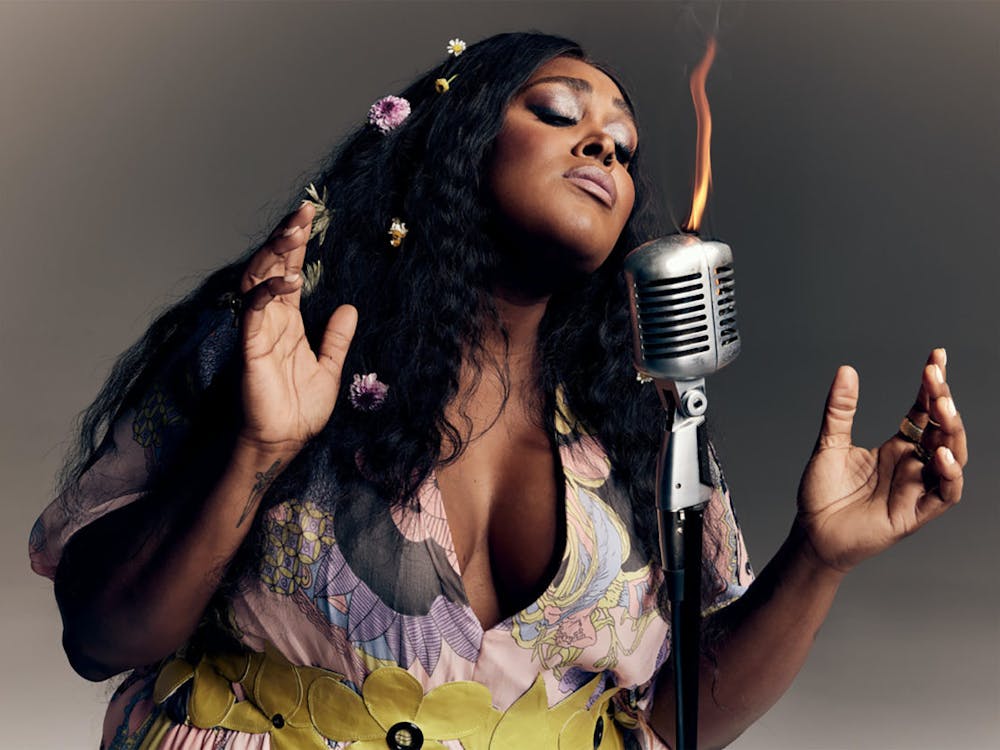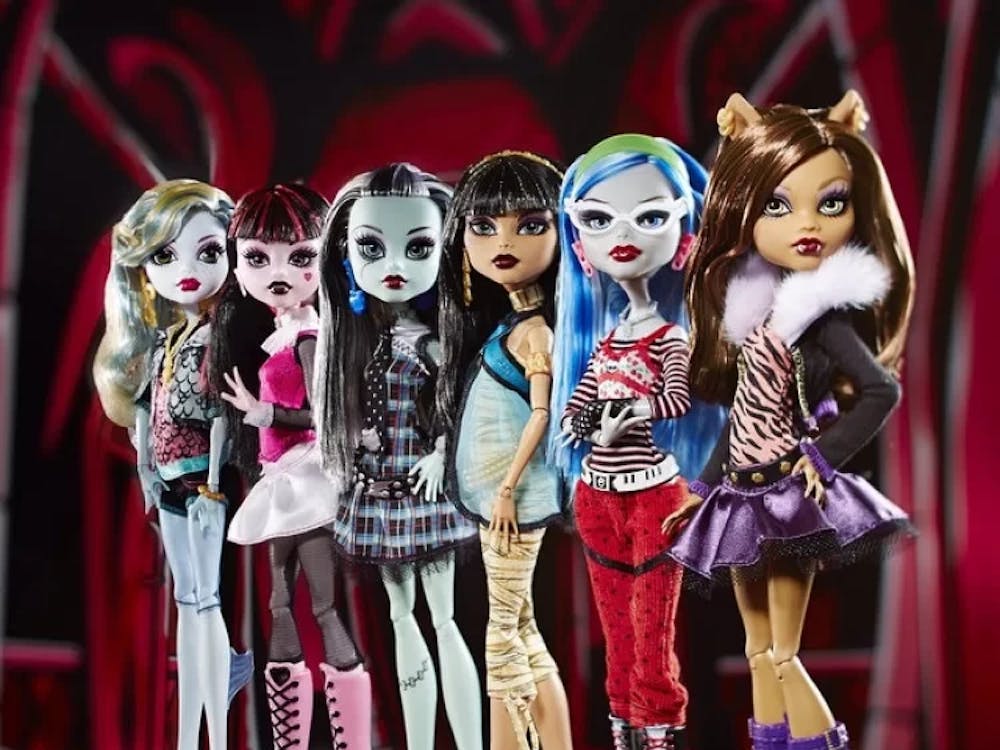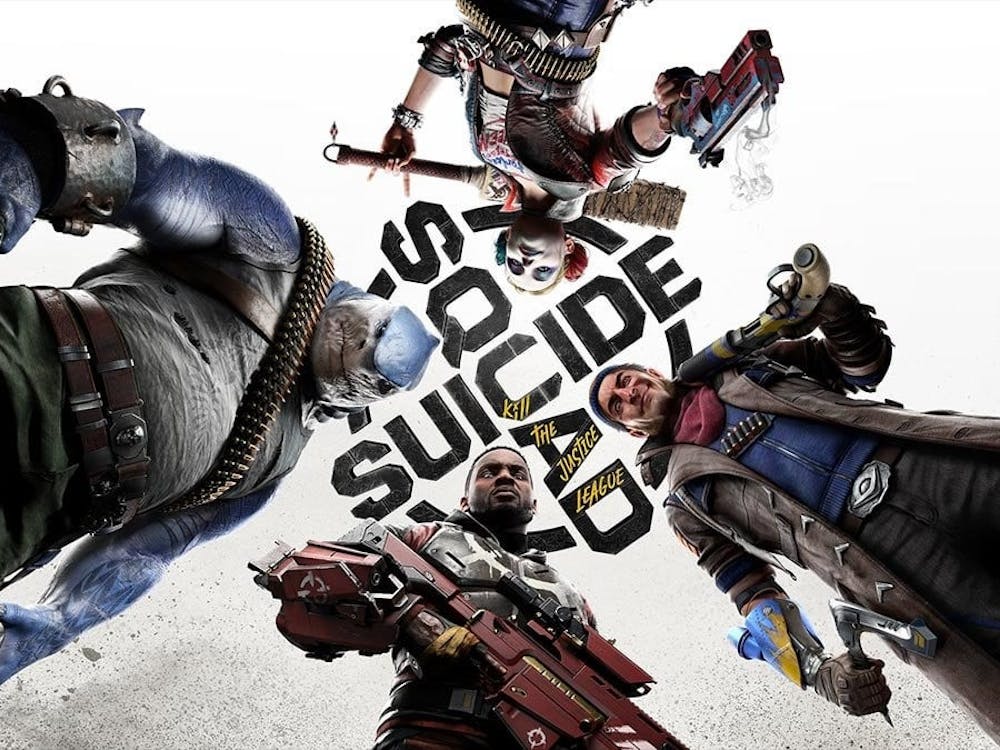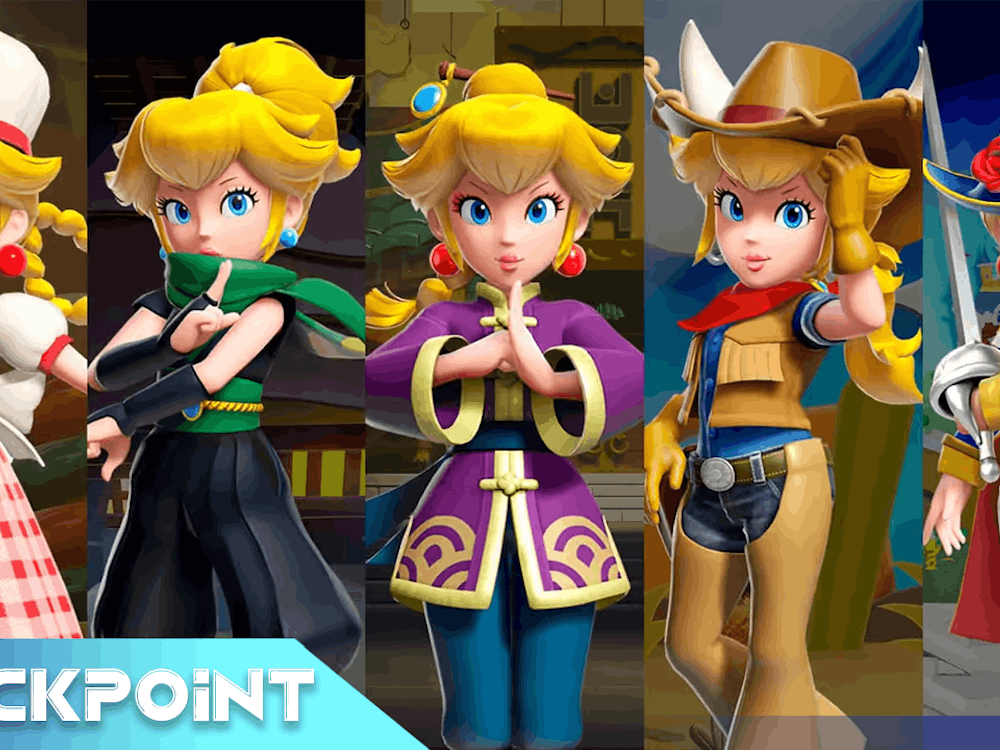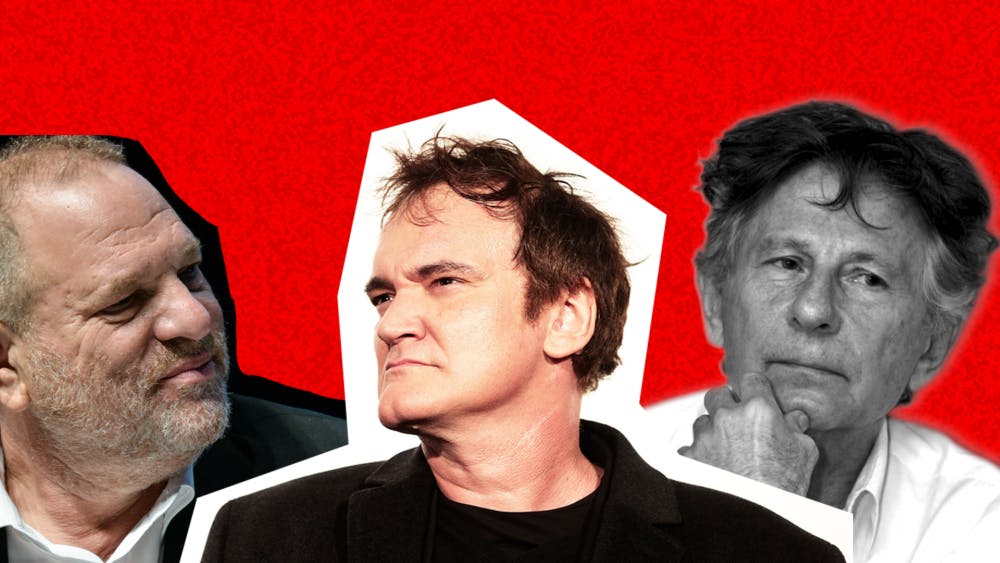Back when Harvey Weinstein was first revealed as a sexual predator who manipulated and silenced the women he assaulted with a powerful cocktail of payouts, threats to their respective reputations, and offers of further roles, there was one thing that was clear in each telling of the survivor’s stories—that he was not committing these crimes alone.
Lawyers involved with hush money settlements knew, personal assistants knew, and a troubling amount of people in the industry were fully aware of what was going on behind closed hotel doors. It’s been outright admitted by many in Hollywood that Weinstein’s behavior wasn’t just an open secret—it was a poorly kept one. From the 90’s onward, Weinstein’s serial assaults were an in-joke of Hollywood. Seth McFarlane joked about it during the 2013 Oscars. Courtney Love gave the following sage advice to young starlets on a red carpet in 2005:
“If Harvey Weinstein invites you to a private party at the Four Seasons, don’t go.”
Since the horrifying details of Weinstein’s victims have come to light, many prominent names in Hollywood have been called out for not having spoken sooner including, but not limited to Ben Affleck, Meryl Streep, and even Oprah.
While it can’t be confirmed whether or not these people explicitly knew, others have claimed they did—and that they could have done something.
“I knew enough to do more than I did. There was more to it than just the normal rumors, the normal gossip. It wasn’t secondhand. I knew he did a couple of these things.” said director Quentin Tarantino in an October interview.
Tarantino has been in recent headlines since actress Uma Thurman spoke out against his behavior on set during the production of the cult hit Kill Bill. Allegedly, he had been reckless and put Thurman’s life in danger during a car stunt that result in her hospitalization, along with the disturbing details—which he has admitted to—of his insistence upon personally spitting in her face and choking her in two different scenes during the filming.
He also wanted to personally choke actress Diane Kruger in Inglorious Basterds, stating in an interview with Deadline that this was done for the sake of realism.
To be frank, the pattern established here and in his subsequent interviews doesn't help convince people that his actions are more than a little strange. His argument seems to be centered on the fact that his behavior gave results—realistic scenes in gritty movies that make millions and are hailed as art. For art, you must suffer. But does that also mean making others suffer?
Tarantino is just the newest name in a string of auteur directors whose eccentricities and outright crimes are often swept under the rug for the sake of the great films they produce. Woody Allen continues to find big name actors to star in his critically acclaimed films despite the rape allegations against him from his stepdaughter Dylan Farrow. The director of the Jeepers Creepers films, Victor Salva, is directing again after being convicted of molesting a 12 year old and filming it.
In 2009 David Lynch, Woody Allen, Martin Scorsese, Darren Aronofsky and over 100 other names in Hollywood signed a petition for the release of director Roman Polanski, best known for his films Chinatown and Rosemary’s Baby, after he was arrested in Zurich, Switzerland for an outstanding warrant in the US. Polanski had been on the run after being charged with drugging and raping a 13 year-old girl and convicted of unlawful sexual intercourse in 1977.
Tarantino is also a big name director who embraces Polanski, but does not admit to his innocence. Rather, as he revealed in a 2003 interview with Howard Stern, he said that the girl had been “down with this” because she had been “dating” the 44 year-old director at the time.

Image from WhatCulture
Polanski’s film, The Pianist, won three Academy Awards in 2002. It is a fantastic film, and the taint of the director did not seem to affect its success.
This seems to be the status quo in Hollywood. Despite wrongful actions and unacceptable behavior, if the art a director, actor, or actress produces is good enough, those actions will be forgotten in the scree of awards. Is there a scandal large enough to topple a great auteur?
Despite the damning quotes from Tarantino on how he chokes his actresses and thinks that 13 is an appropriate age for a 44 year-old man, it is unlikely that his future films will fail or that he will to struggle to find talent for them. His films are good—maybe fetishistic with all the blood and shots of feet—and they will always have an audience, whether it’s in mainstream moviegoers or followers of Tarantino’s particular brand of violent romps through various moments in history.
The people who continued to work with Weinstein and the people who now continue to work with Tarantino are culpable for whatever might happen to those who work with them. Disrespectful actions, reckless neglect during stunts, and sexual assault—if you work with these men, you are complacent with that eventuality.
But the thing is we, as audiences, are also at fault.
With our wallets and views, we communicate to the world at large that we—like Scorsese, Lynch, and Aronofsky—don’t care about the women and children being taken advantage of as long as the final product is a good movie. This also applies to problematic YouTubers, singers, and writers.
There is something to be said, certainly, for separating an artist from their art. After all, for films, games, and music there are often dozens if not hundreds of other hands working on a project and the idea that a lone producer or director should get all the credit is erroneous. But in cases like Salva, Weinstein, and Tarantino there is a clear pattern of these artists being enabled by their craft and success to the point that they are either able to repeat previous offenses or be entirely pardoned for them.
This, in turn, perpetuates the idea that success comes at the expense of others. Kill Bill’s success, and by extension Tarantino’s, almost came at the cost of Uma Thurman’s life. Directors like Hitchcock and Kubrick psychologically tortured their lead actresses in order to truly capture horror—is this something that comes with the job? That comes along with working with a great auteur?
I don’t think any one should be tortured for the sake of art and thus I don’t think audiences should pay to be entertained by the results of abuse on and off set. It’s only then that there will truly be repercussions for these directors who are, thus far, largely unaffected by their bad or completely criminal behavior.
But that’s not likely to happen in the pursuit of "good film."
Sources: The Atlantic, boingboing, eonline, The New York Times, Deadline, Time, IndieWire, TVGuide, Jezebel
Images: Twitter, WhatCulture
For more entertainment related content, visit us at Byte Bsu!


